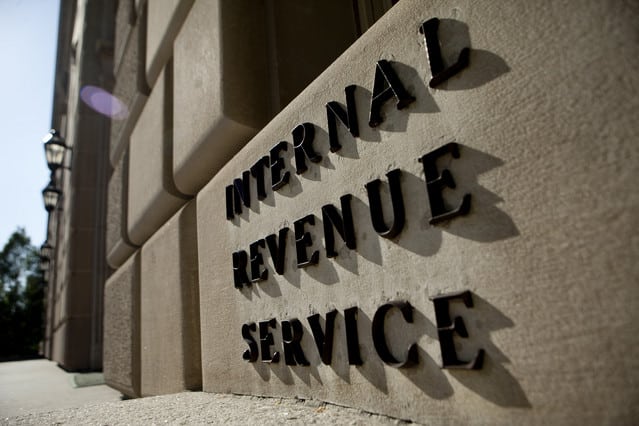This was a banner year for the IRS Whistleblower Program. In its annual report to Congress, released February 10, 2016, the IRS said it paid 99 awards totaling more than $103 million.
Stephen M. Kohn, Executive Director of the National Whistleblower Center, stated, “the program is staring to work.” According to Kohn, the IRS Program, at its 10-year mark, is performing at higher level then the Department of Justice’s False Claims Act program did over a comparable length of time.
“Despite all of the growing pains and delays the IRS program is actually ahead of the comparable program run by the Department of Justice for the False Claims Act cases. The most objective performance indicator for whistleblower reward programs is how much is actually paid to whistleblowers. The IRS is way ahead as the DOJ. It its 10-year mark the IRS paid whistleblowers $103 million. At the FCA’s ten-year mark, DOJ paid whistleblowers a mere $25.8 million. Furthermore, despite DOJ’s 30-year history administering the FCA, the IRS has already given an individual whistleblower the highest award in history,” Kohn added.
The report also states that the IRS is implementing several improvements to further strengthen the Whistleblower Program. These improvements include: pursuing opportunities to reduce the lifecycle of whistleblower claims; review of the Whistleblower Office to identify opportunities to maximize the efficiency and effectiveness of the claim process; and to improve communication with whistleblowers, potential whistleblowers and whistleblower attorneys.
“This report shows that the IRS Whistleblower Office is focused on doing a better job of processing whistleblower submissions and making awards in a more timely manner – all good news for whistleblowers,” said Dean A. Zerbe, Senior Policy Analyst for the National Whistleblower Center and an attorney with Zerbe, Fingeret, Frank & Jadav.
After his review of the IRS report, Zerbe concluded, “It is clear from the new report and from what we’ve seen through our extensive work with the IRS whistleblower office that whistleblowers who have the best chance of having their claim considered are those submissions that meet 5 criteria: 1) the claim involves significant tax dollars; 2) the tax issue involves open tax years/current issues – within last 6 years; 3) the whistleblower is naming specific taxpayers; 4) the whistleblower has detailed information/documents about the tax issue; and, 5) the whistleblower is credible and knowledgeable. Bonus points if the taxpayer is doing something particularly egregious and/or it is an issue that the IRS has never seen of before. The IRS isn’t expecting a whistleblower to have perfect information (although that would be nice) but the more meat on the bone the better.”
Stephen Kohn and Dean Zerbe represent jointly a number of whistleblowers – including Bradley Birkenfeld, the UBS whistleblower who received an award of $104 million dollars from the IRS – the largest amount ever paid to a single whistleblower.
Related links:
